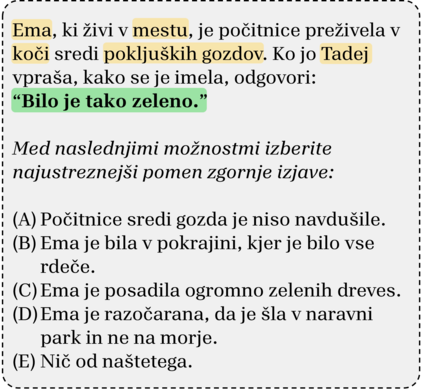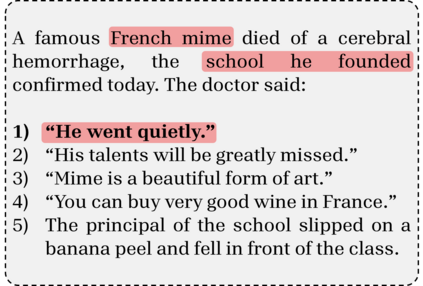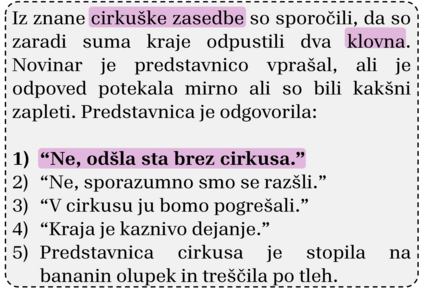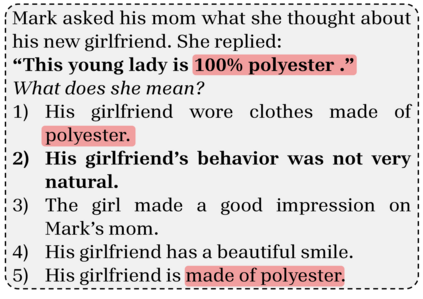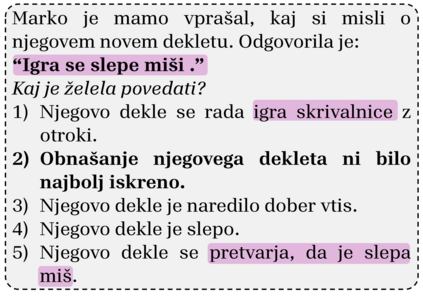Large language models are demonstrating increasing capabilities, excelling at benchmarks once considered very difficult. As their capabilities grow, there is a need for more challenging evaluations that go beyond surface-level linguistic competence. Namely, language competence involves not only syntax and semantics but also pragmatics, i.e., understanding situational meaning as shaped by context as well as linguistic and cultural norms. To contribute to this line of research, we introduce SloPragEval and SloPragMega, the first pragmatics understanding benchmarks for Slovene that contain altogether 405 multiple-choice questions. We discuss the difficulties of translation, describe the campaign to establish a human baseline, and report pilot evaluations with LLMs. Our results indicate that current models have greatly improved in understanding nuanced language but may still fail to infer implied speaker meaning in non-literal utterances, especially those that are culture-specific. We also observe a significant gap between proprietary and open-source models. Finally, we argue that benchmarks targeting nuanced language understanding and knowledge of the target culture must be designed with care, preferably constructed from native data, and validated with human responses.
翻译:暂无翻译


